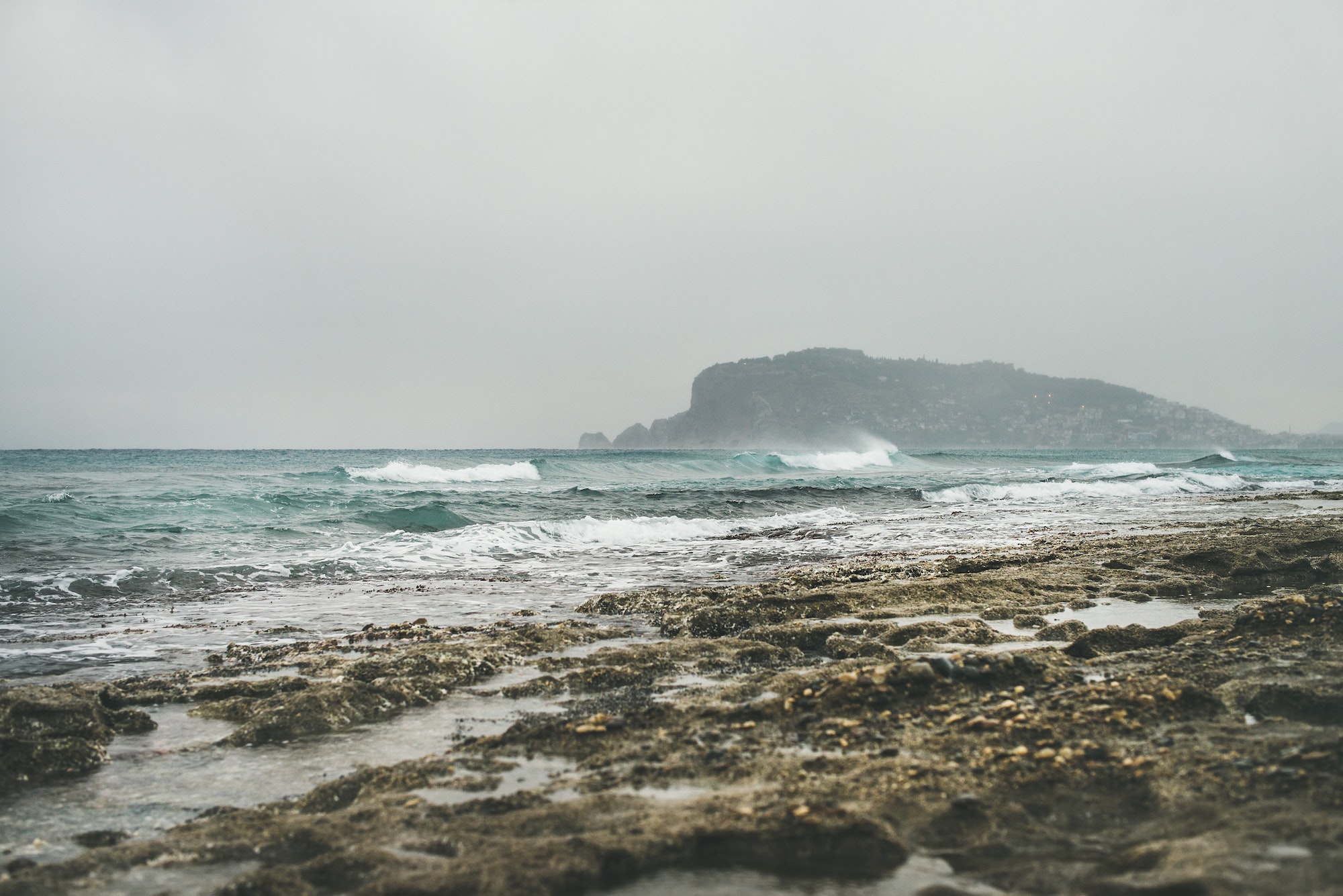Imagine looking out over the vast Mediterranean Sea. In a small boat, four people are waving their hands, asking for help. These four – a 13-year-old boy, two men, and a woman – survived a dangerous trip. They were trying to reach a safer place, but many others with them didn’t make it.

What Happened?
Sadly, 41 others who were with these four died when their boat sank. These four survivors managed to grab floatation devices and later found another empty boat. They waited for days before someone came to help. This isn’t just one sad story – many people are trying to cross this sea and face the same dangers.
The Bigger Picture
This sea route is known to be one of the riskiest ways to migrate. The European border agency, Frontex, says they’ve found more people trying to cross this year. In just seven months, they detected 89,000 cases, double from last year.
The International Organization for Migration (IOM) says it’s even worse. They’ve counted over 1,800 people who died on this route this year. And that might not be all. Many accidents might not be known because no one survived to tell the story.

Why Are People Taking This Risk?
People have various reasons to take such risks. Some are running from wars, while others want a better life. Like a 16-year-old boy from The Gambia, who wanted to support his family. Sadly, his friend died on a similar trip before.
The Sea Isn’t Always Calm
The sea can be rough, especially during summer. This is the time when most people try to cross. But the unpredictable weather and weak boats make it very risky. Even if the boat is made of metal, it can still sink during a storm.
Rescue teams find it tough to help. The sea is massive, and many boats need assistance. And with climate change, the weather might get even more unpredictable.

Solutions?
Everyone agrees that there should be a better way to help these people. Some suggest better rescue missions, while others believe in creating safer routes for them. But it’s not easy. Different groups need to work together, and there’s always a debate about how to do it best.
Wrapping Up
The Mediterranean Sea might look beautiful, but it hides a sad story. Many people have died trying to cross it, looking for safety. We need to remember this and think about better ways to help them. It’s essential to work together and make sure no more lives are lost in these waters.

FAQ Section
1. What is the Mediterranean Migrant Crisis?
The Mediterranean Migrant Crisis refers to the perilous journey many migrants undertake, trying to cross the Mediterranean Sea to find safety and better opportunities. Sadly, many don’t survive this trip due to dangers like shipwrecks and harsh weather conditions.
2. How many people have tried crossing the Mediterranean this year?
According to Frontex, over 89,000 detections were made in just the first seven months of the year, which is double the number from the previous year.
3. How many people have died trying to make the crossing?
The International Organization for Migration (IOM) has documented over 1,800 deaths in the current year. However, the actual number might be higher since many incidents could go unreported.
4. Why do people risk their lives on this journey?
The reasons vary. Some are fleeing wars or oppressive regimes, while others are seeking better economic opportunities or to reunite with families. Despite the risks, they believe the journey offers a chance for a better life.
5. What makes the journey so dangerous?
Several factors make this journey risky. The central Mediterranean can have unpredictable and rough weather. Many of the boats used for the crossing are not designed for the open sea and can easily capsize. Additionally, the sheer number of boats and vastness of the area make rescue operations challenging.
6. What solutions are being proposed?
Experts suggest coordinated European search-and-rescue operations and creating safer, legal pathways for migration and asylum. However, the ideal approach remains a topic of debate among governments and NGOs.
7. How is climate change affecting the situation?
Climate change can lead to more unpredictable weather patterns, making the sea journey even riskier. With storms becoming more frequent or intense, the challenges for migrants and rescue operations may increase.
Sources BBC News


